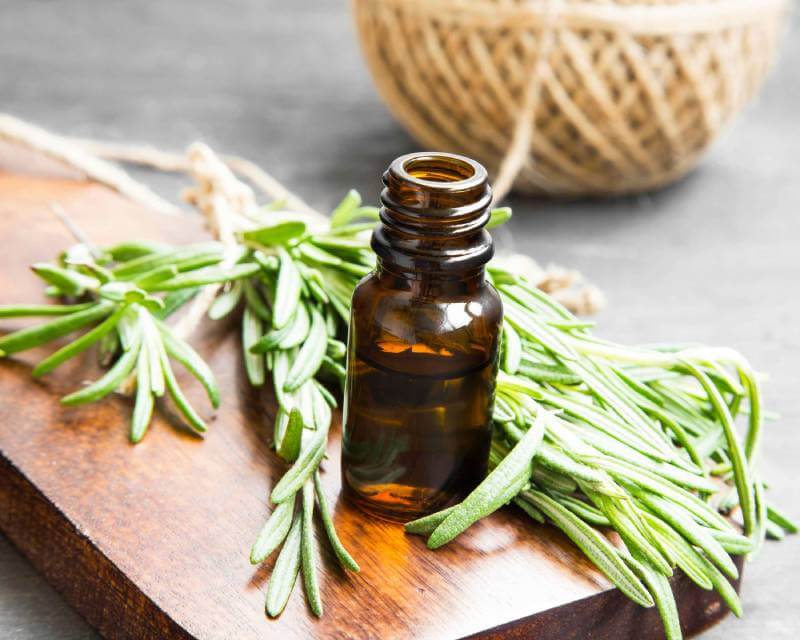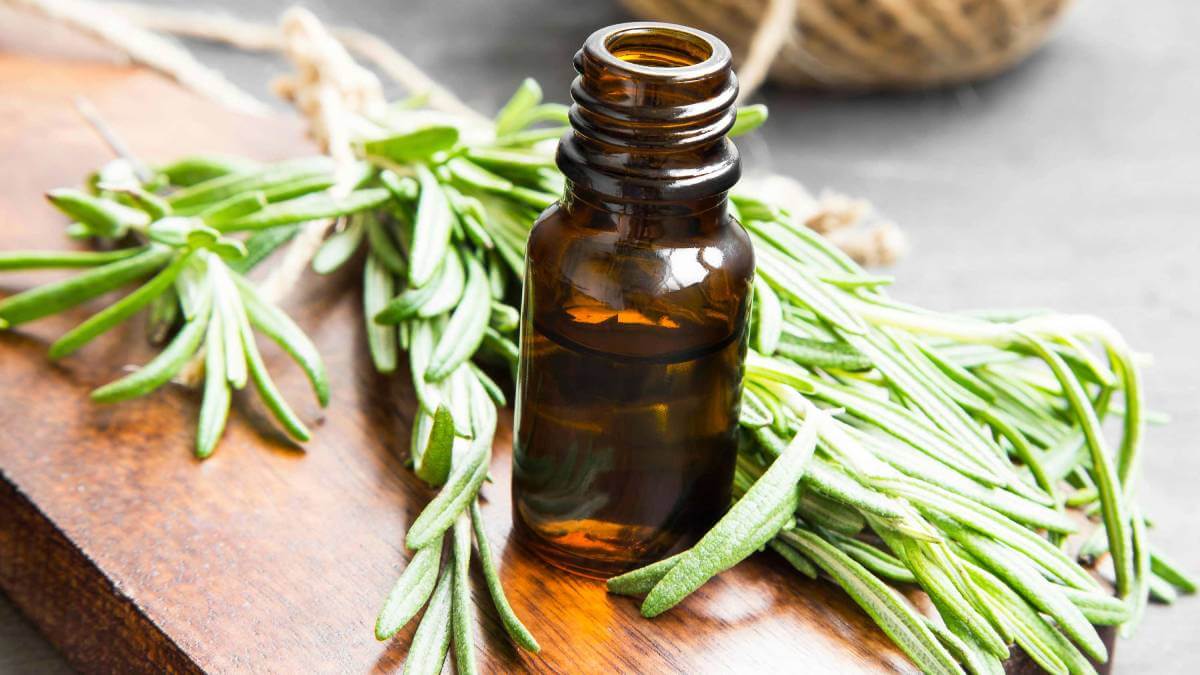Want long, thick, healthy hair? Well, if social media’s latest beauty craze is anything to go by, rosemary oil may be the solution – as influencers share videos rubbing it into their scalps and lengths.
Rosemary oil is a pale oil derived from the herb rosemary, which has a strong, fresh fragrance and is often hailed for its anti-inflammatory, soothing and anti-oxidising qualities.
People on the app are claiming they’ve experienced better hair growth and hair health while using it, with many massaging it directly into their scalp.
View this post on Instagram
The tag #rosemaryoil has amassed almost 205 million views on TikTok already. So, is there any truth to the trend?
Why are people using rosemary oil on their hair?
“In recent years, there have been claims that rosemary oil may be great for hair growth,” says Jeff El Zenny, trichologist at The London Hair Clinic (thelondonhairclinic.co.uk).
“Some say it could even prevent hair loss, pointing to Mediterranean cultures’ use of rosemary in hair rinses to promote hair growth for hundreds of years as supporting evidence.”
Hair stylist Oliver Amodio says: “Rosemary oil, among other oils, has many properties that are good for the scalp. It has anti-inflammatory and anti-oxidising properties that could help with problems associated with hair loss, such as a dry or inflamed scalp.
“It also does help increase blood flow, which is one factor contributing to hair growth. Therefore, using rosemary oil regularly in a mask or adding it to your shampoo could reap some benefits.”
Will rosemary oil work for everyone?
Even if it does potentially promote some hair growth, this doesn’t mean rosemary oil will work for everyone in this way, and all hair types.
“It’s not the miracle product that will solve the problem, as there are multiple factors that play a part when it comes to hair loss,” says Mr Amodio.

If you are experiencing hair loss, you may need to look more closely at what is going on in your case – there can sometimes be different underlying causes.
“When I have a client that is suffering from hair loss and growth issues, they sometimes are looking for something off the shelf for immediate help, but we look into the ‘root’ of the problem,” says Mr Amodio.
“Firstly, I look for signs of regrowth to confirm there is hair coming back. Then we look at the lifestyle, things such as a stressful work environment or a big event that may have happened – from a positive wedding to a death in the family, all of which could be triggers.
“We further talk about good sleep hygiene and a well-balanced diet – a lack of vitamins from a diet change could affect hair growth, even if you think it may be a healthy change.”
Are there any risks to be aware of?

Any substances when applied to the skin can potentially cause irritation or reactions – and this included those that are ‘natural’ – so it’s always important to do your own research and seek advice if you have any pre-existing skin conditions. Rosemary oil may have a harmful impact if you have a sensitive scalp, for example.
“For those with very sensitive scalps, it can cause irritation, so use sparingly on the first occasion. Avoid getting this into the eyes as will cause a burning or stinging sensation,” says Mr El Zenny.
Would you try rosemary oil on your hair? Share why or why not in the comments section below.
Also read: Eight bizarre things you never knew about your hair
– With PA

